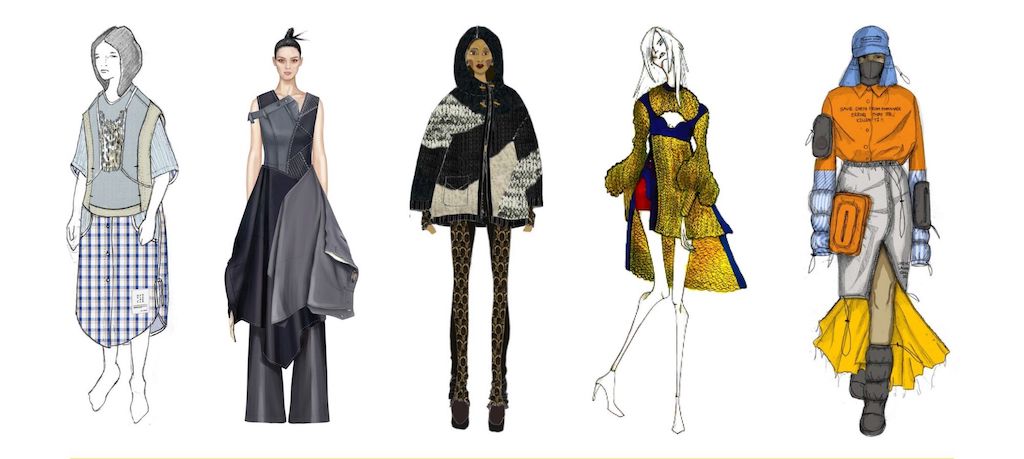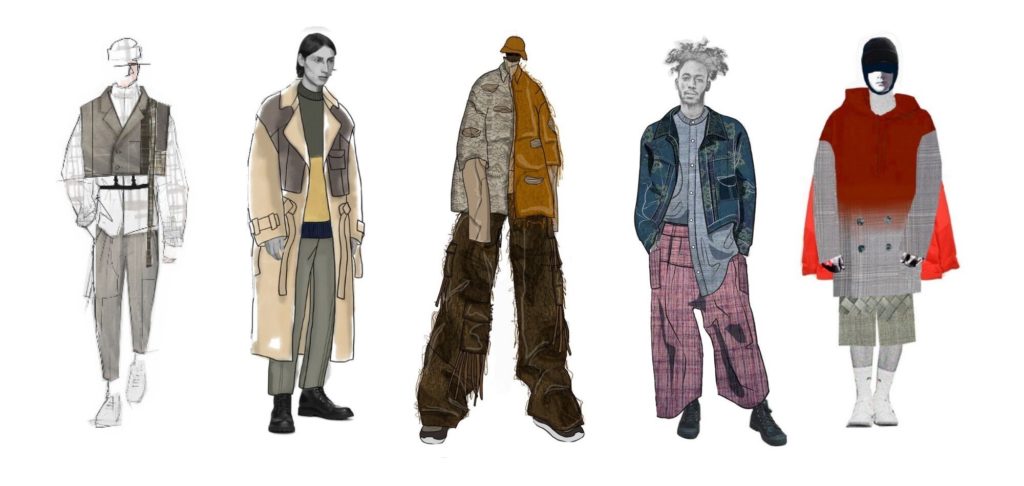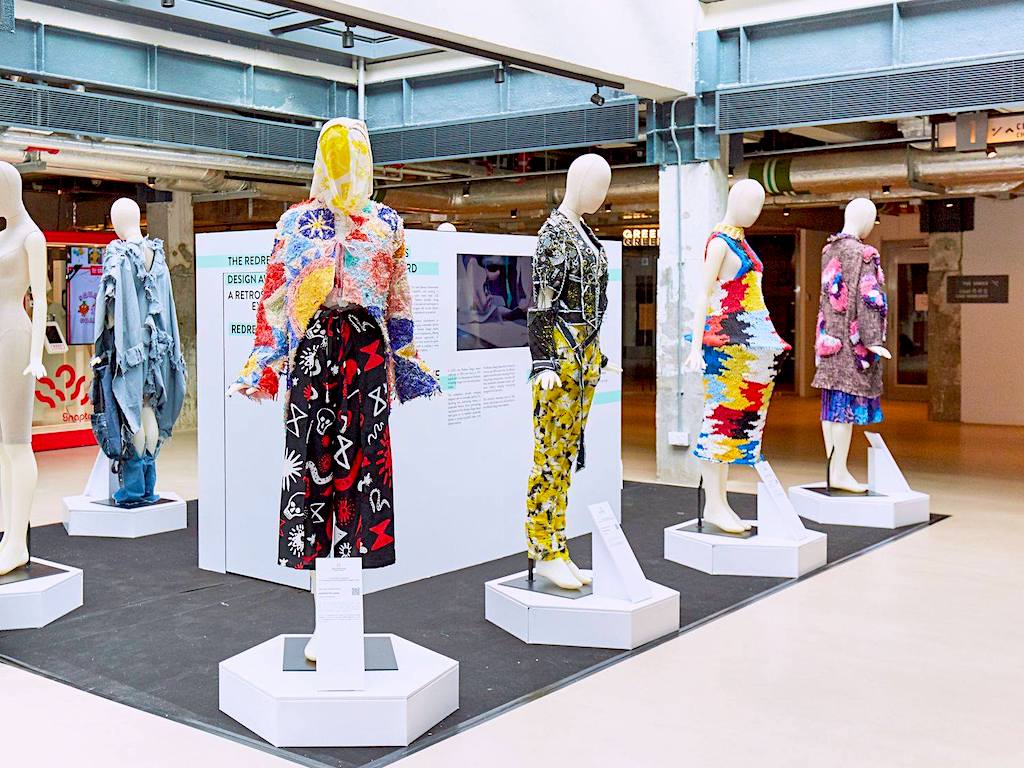4 Mins Read
Redress, the Hong Kong-based charity working to reduce waste in the fashion industry, has just announced the 10 finalists of its annual Redress Design Award. Finalists hail from 9 regions globally, and will go on to compete in the world’s largest sustainable fashion design competition that will conclude this September. Founder and chair of Redress Christina Dean believes that the coronavirus pandemic is a turning page for fashion, and for the industry to survive will require an “effectively overnight” change.
The 10 finalists of the Redress Design Award 2020 creatively used a range of eco-friendly techniques, from zero-waste, upcycling and reconstruction designs to sourcing waste materials from both producers and consumers to recycle into new garments.
From 9 different regions across the world, the finalists include Juliana Garcia Bello and Gönül Yigit from the Netherlands, Canadian Marie-Eve Aubry, Albania-based Australian Laura Krause, Beatrice Bocconi from Italy, Hong Kong’s Grace Lant, South Korea’s Inhwa Jin, Tong Jianlong from mainland China, Vietnam’s Ngoh Ha Thu Le, and Ruth Weerasinghe from Sri Lanka.
Winners at the Grand Final will benefit from career-changing mentorships, with the Menswear Prize winner being able to partner up with VF Corporation, the group behind The North Face, Vans and Timberland, and the Womenswear Prize winner joining upcycled brand The R Collective to create a limited edition capsule collection.

Speaking to Green Queen, Redress founder and chair Christina Dean says that she believes that these designers will be entering an almost entirely different fashion field as the world recovers from the coronavirus pandemic.
Read: Exclusive interview with Christina Dean on being a “fashion citizen”
“Consumers are changing their spots when it comes to what they want to buy and why, and many designers and start-up brands will and are disappearing, meaning only the toughest and most resilient businesses will survive as a smaller offering to more loyal customers,” said Dean.
“Supply chains will be forensically re-examined for future risk factors to their stability…Coronavirus has shown us that to survive, the industry is being asked to change, effectively overnight. The chaos in this change is huge.”
But the crisis isn’t just going to be bringing a net positive change towards sustainable fashion. Dean explains that the entire industry – that means including the sustainable fashion sector – is being bruised by the current crisis, and will need to overcome logistical and hygiene concerns brought on by the pandemic.

“A significant challenge caused by the halt in second hand shopping – as many shops are shut and consumer demand is down – is a huge mounting problem for the collectors and sorters, who are now looking at a mountainous problem, literally, of used clothes in storage,” she told Green Queen.
“There are reports that some businesses are now being forced to incinerate second hand clothes, as storage costs are too high…the reality is that many businesses, from second hand to new clothes, are now having to incinerate clothing.”
Prior to the pandemic, experts have estimated that at least one garbage truck of textiles is being landfilled or burned every second. Compounded with the coronavirus-related challenges, there is a chance that despite the downfall in consumption, we could still be looking at an ongoing enormous waste issue.
Read: The R Collective creates 100% traceable denim jeans with eco-wardrobe tips
That being said, Dean doesn’t think that this will take the fashion industry away from its current trajectory towards sustainable fashion.

“Sustainability is here to stay. Forget about the pure [fashion] product for one moment, and think from a business perspective solely – sustainability is about risk management, and investors are increasingly demanding this,” explained Dean.
Aside from sustainable fashion taking hold, the Redress founder has confidence that the industry will be rocked by another trend set off by the coronavirus – digitalisation. With over 90% of the world having undergone some form of lockdown and social distancing policies still in place in much of the world, we have never relied on digital technology more for everything from work to fitness or everyday communication.
“Coupled with the fact that planes are grounded and people can’t travel means that fashion – which relies on glamorous shows and events to create that priceless feeling ‘desire’ – has a challenge on its hands,” she told Green Queen.
“So yes, virtual events will have to take the place of the physical, in some places. Digital marketing needs are on the up, and buyers will need to start virtually buying, replacing that all important ‘touch and feel’ with a click and a swipe instead.”
Read more about sustainable fashion here & find more Covid-19 news here.
Lead image courtesy of Redress.




